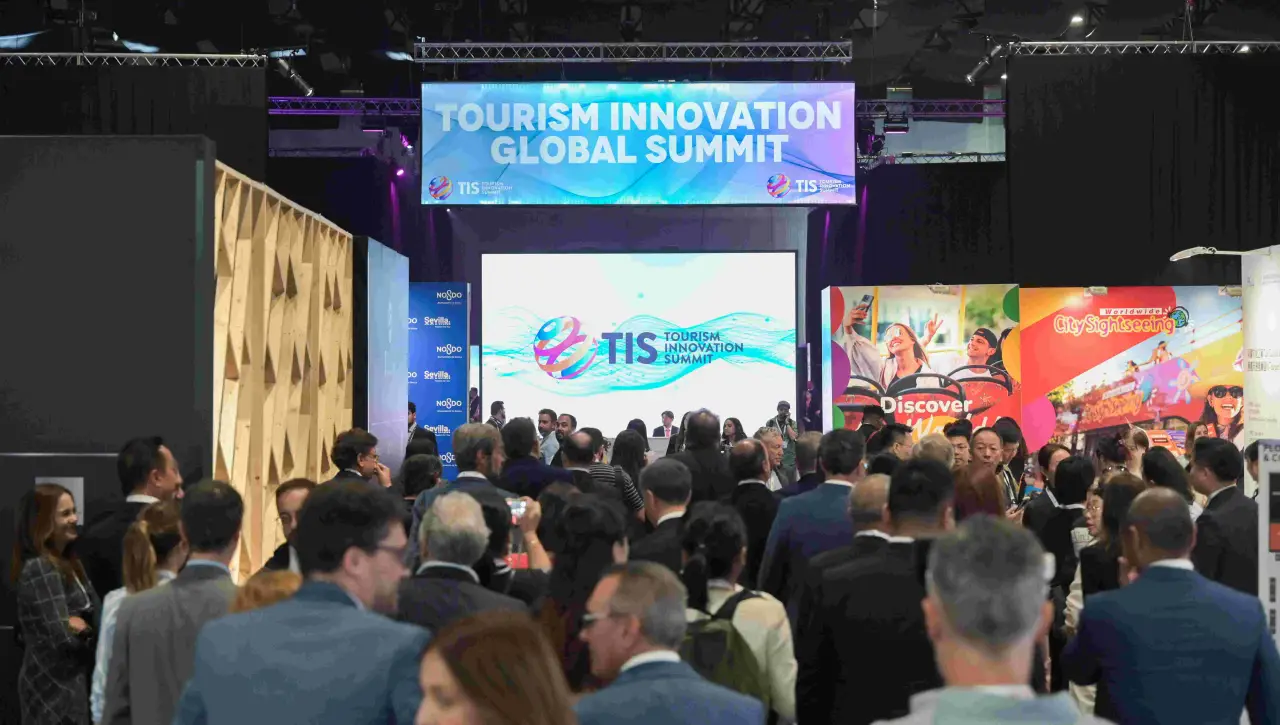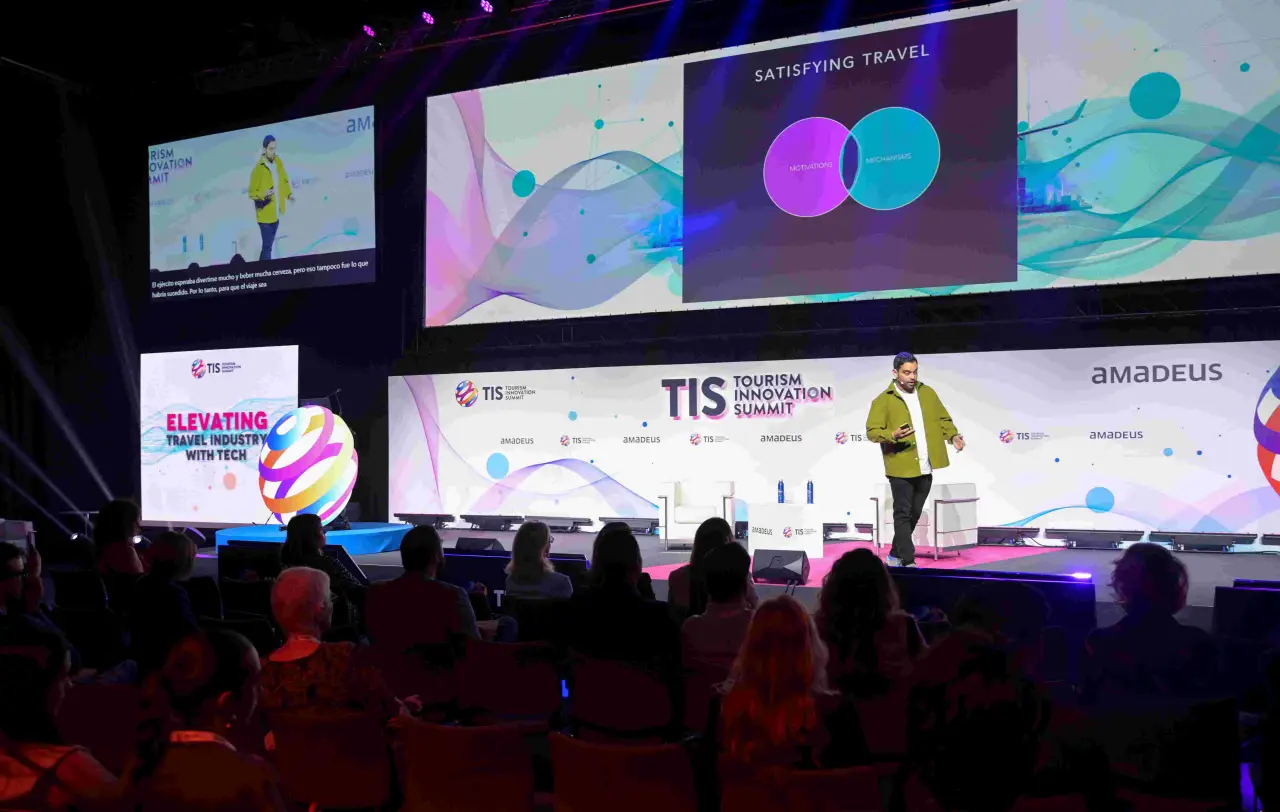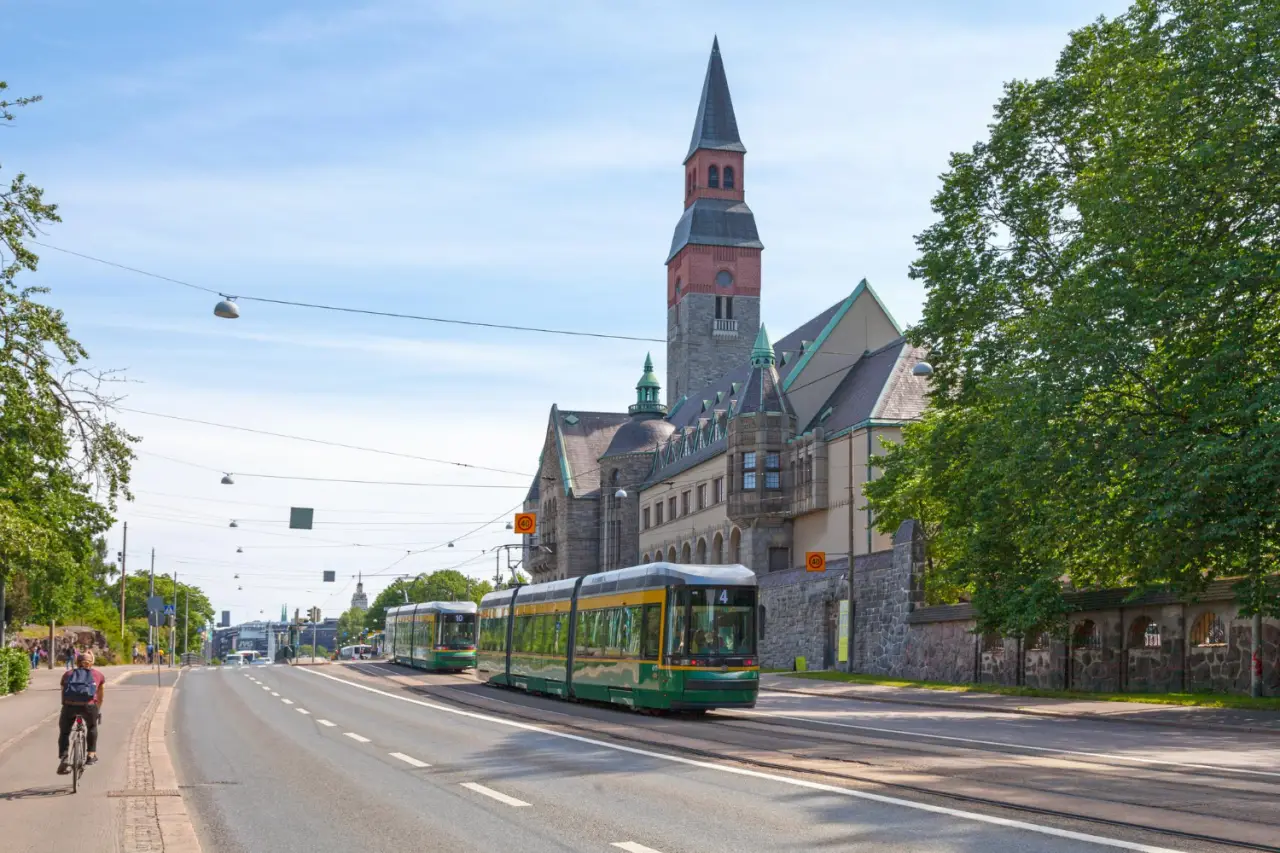The Tourism Innovation Summit (TIS) 2024 concluded its fifth edition in Seville, bringing together 7,903 industry professionals and making the city a hub for tourism innovation.
The three-day event focused on cutting-edge technologies like Artificial Intelligence (AI) and Big Data, which are reshaping the tourism industry and how travelers plan and experience their journeys.
This year’s summit hosted 221 exhibitors showcasing a variety of technological solutions aimed at enhancing tourism. These solutions addressed key areas such as sustainability, responsible travel, and personalized experiences for tourists.
With a significant international presence, the event welcomed 41 international delegations, further cementing its global relevance. Notably, China was the featured guest country for TIS 2024, underscoring the growing importance of the Asian market in the tourism industry.
Speakers at the event included 416 global experts and leaders who discussed the current trends driving the future of travel. Among these was the renowned journalist and filmmaker, Ash Bhardwaj, who shared insights on the emotional and cultural significance of travel.
He highlighted that travel is driven by curiosity, a sense of belonging, and personal growth. Bhardwaj also emphasized the need for the tourism industry to create meaningful experiences that resonate deeply with travelers, beyond just visiting destinations.
Sustainability remained a major theme throughout the summit, with Bhardwaj advocating for a holistic approach that considers not only environmental impacts but also the social and economic benefits of tourism. This broader view of sustainability aligns with the ongoing demand for responsible and transformative travel experiences.
Shaon Talukder, CEO and founder of Geotourist, addressed another pressing challenge: the fragmentation within the tourism sector. Talukder explained that the lack of coherent data on travelers presents a significant hurdle for the industry. He emphasized the role of AI and smart data use in overcoming this fragmentation, promoting a more connected and transparent tourism ecosystem. AI, in particular, was showcased as a tool that can predict visitor flows, manage tourist traffic in real-time, and deliver highly personalized recommendations to travelers.
Talukder also pointed out that true innovation in tourism lies not only in the adoption of new technologies but also in leveraging these tools to make smarter, more sustainable decisions. With the intelligent application of AI, Big Data, and sustainable practices, the tourism sector is well-positioned to meet the growing demands for personalized and environmentally responsible travel experiences.
TIS 2024 left a lasting impact on the city of Seville, with an economic contribution of over 20 million euros. As the event wrapped up, it was clear that AI, data-driven insights, and sustainability would continue to drive the evolution of the global tourism industry in the years to come.
















